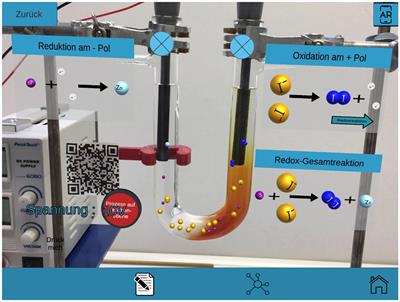ORIGINAL RESEARCH
Published on 25 Apr 2025
The impact of multiple representations on students' understanding of vector field concepts: Implementation of simulations and sketching activities into lecture-based recitations in undergraduate physics
doi 10.3389/fpsyg.2025.1544764
- 1,751 views

